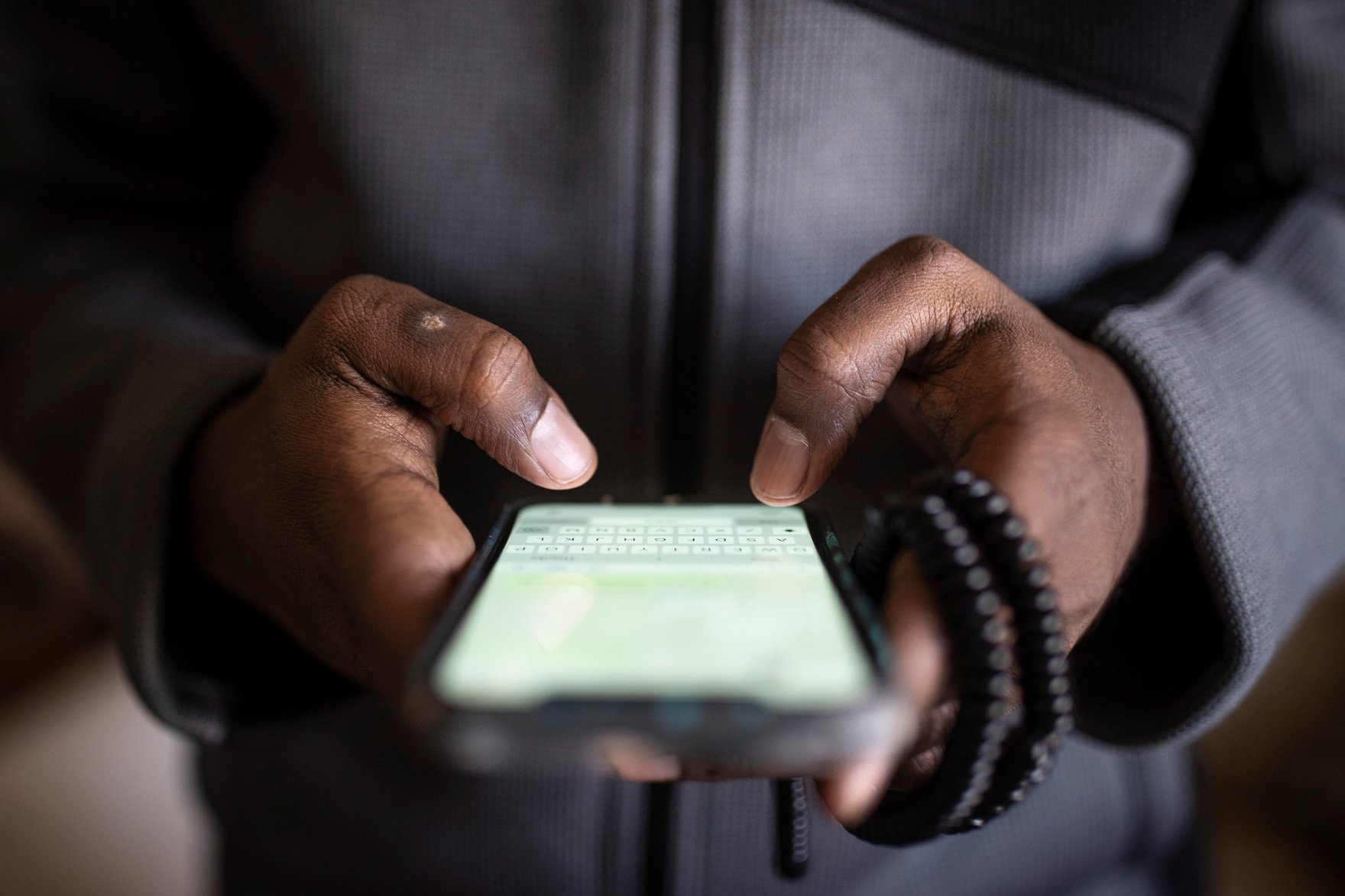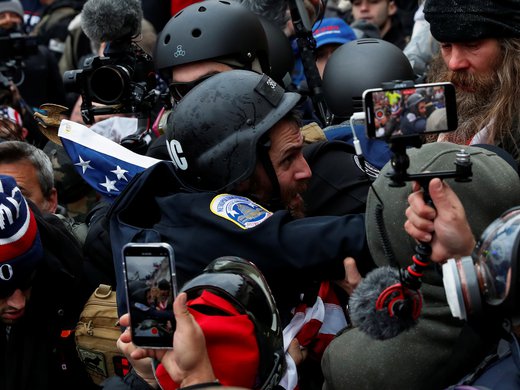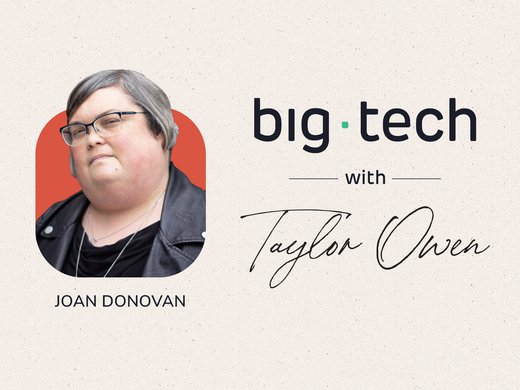On January 4, domestic terrorists were using Facebook as a tool to execute a violent attack on the US Capitol. On the same day, Facebook executives put the finishing touches on their own power grab. The plot? Wrest data from WhatsApp’s users.
Facebook’s plan started in 2018, after both of WhatsApp’s founders had left WhatsApp over clashes about data privacy. Now, three years later, WhatsApp’s updated privacy policy is the final stage. The policy change is simple: WhatsApp users no longer have the freedom to choose if their information can be shared to Facebook, other Facebook-owned companies or third parties. Now, billions of people across the globe must surrender their data to Facebook or lose access to the essential messaging app.
This ultimatum, as others have astutely observed, is actually a ham-handed admission by Facebook. WhatsApp started sharing its data with Facebook in 2016, and since then new users have never had the opportunity to opt out — even if the user’s experience is limited to WhatsApp. These latest changes are so egregious that 50 million users, and counting, are rushing to find a WhatsApp replacement with which to talk to family and friends. International users, who rely on WhatsApp as a business tool, have to rethink their business plans.
Now, billions of people across the globe must surrender their data to Facebook or lose access to the essential messaging app.
The outcry has made WhatsApp put a three-month hold on the changes, but this delay is nothing more than a stalling tactic before it enacts these controversial policies. Because this is what Facebook does. The runaround on how WhatsApp users’ data is being shared, followed by the extortion of these users to accept new terms under false pretenses, is exactly the type of behaviour that has gotten Facebook into hot water with regulators around the globe.
Turkey has already launched a probe into Facebook’s most recent WhatsApp actions, but back in 2017 the European Union fined Facebook $122 million for providing misleading information when they acquired WhatsApp. On the privacy front, Ireland’s High Court may soon force Facebook to halt its international data transfers, joining a long history of litigation from within the European Union over Facebook’s repeated privacy violations. And let us not forget the platform’s involvement in the worldwide Cambridge Analytica scandal.
Facebook’s timing with this WhatsApp announcement is also particularly suspicious. The company is currently under investigation by the US Federal Trade Commission (FTC) and more than 40 states for illegally building a monopoly through acquisitions, coercion, and by bullying smaller companies. The FTC alleges that Facebook has been engaging in an anti-competitive “systematic strategy” that includes “its 2014 acquisition of the mobile messaging app WhatsApp, and the imposition of anticompetitive conditions on software developers — to eliminate threats to its monopoly.” As the FTC notes, Facebook’s record of conduct “harms competition, leaves consumers with few choices for personal social networking, and deprives advertisers of the benefits of competition.”
Arguably, the misleading and coercive WhatsApp privacy announcement, coupled with Facebook’s notorious history of deceit, suggests that the company’s motivations could be more nefarious than they seem. One must assume, unfortunately, that this policy change is Facebook’s attempt to siphon up and scramble data from all its users into one big pool. If that is the case, Facebook could later plead ignorance about which data lives where. This tactic would align with Facebook’s power-hungry quest to amass as much metadata about its users as possible and then dictate how to use and share our information with very few guardrails in place.
Now, we must ask ourselves: Even under the threat of significant legal action, is Facebook thumbing its nose at US regulators and the rule of law? Is Facebook continuing to blatantly engage in the anti-competitive activities it has already been called out for? Are we willing, as a society, to accept the fact that millions of users worldwide will never get the chance to decide how their data is shared and used?
Forcing WhatsApp users to give up their data represents a grave escalation on Facebook’s part — an escalation that the US justice system and President Joe Biden’s justice department should take seriously, given Facebook’s string of anti-democratic actions. Taken together with the events in January and the past four years, it is more evidence that Facebook is a bad actor in terms of US democracy and democratic norms at large. An urgent injunction should be issued to prevent Facebook’s latest affront to democratic norms from taking effect.




